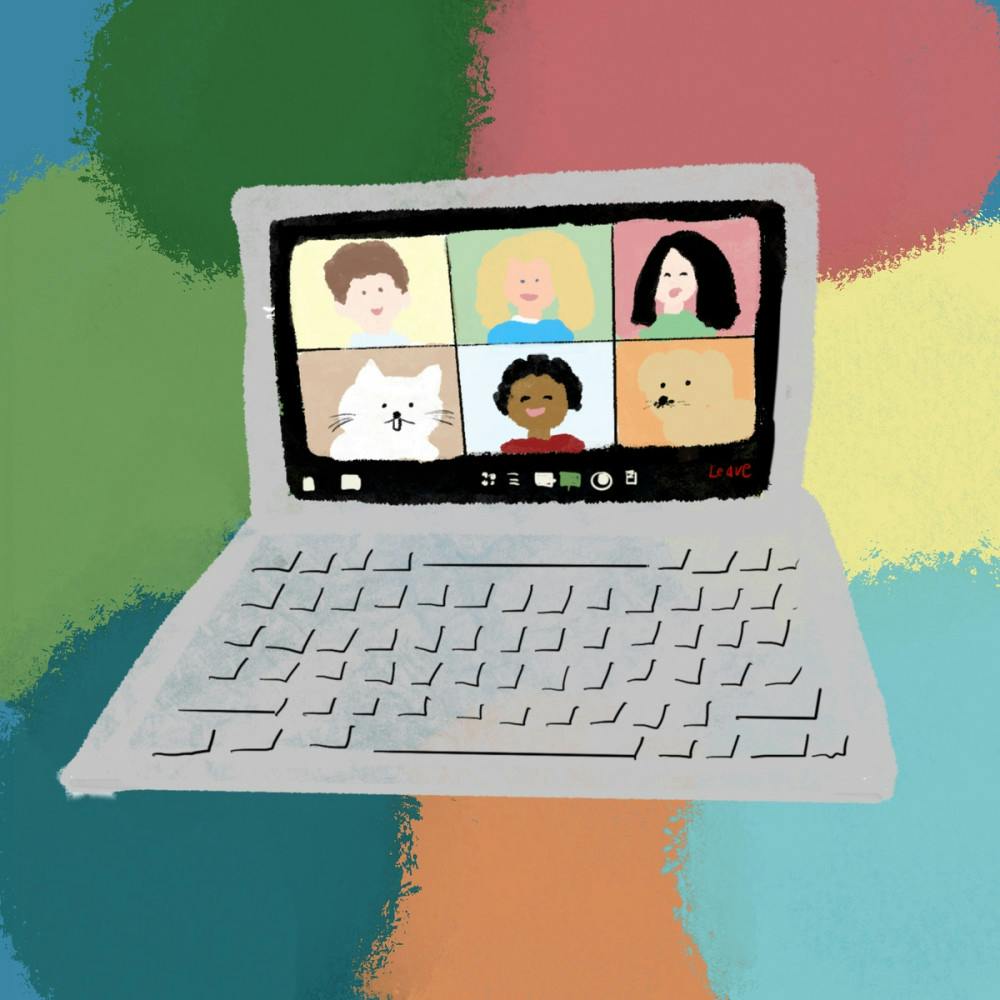While the pandemic forced University and local service organizations to limit in-person outreach and work, the needs of those they serve have only grown as Rhode Island battles economic and public health crises.
Before 2020, the Refugee Dream Center, a post resettlement refugee agency in R.I., served about 300 refugees annually, Programs Manager Rakia Islam ’20 said. After the pandemic struck and the state shut down in March, that number rose to around 800.
Prior to the pandemic, the Refugee Dream Center primarily worked with refugees and their families on resettling in Providence by assisting them with learning English and finding employment. But over the past year, focus has shifted to basic needs like food and rent assistance, according to Islam. “I don’t think it’s going to get any easier post-pandemic,” Islam said. “We need even more support to be able to get people back on their feet.”
Today, the bulk of the Refugee Dream Center’s work involves distributing food supplies to the households they serve and check-ins from case managers through socially-distanced meetings.
The Refugee Dream Center has had to move its adult English class — along with their other community programs — to an entirely remote platform, which presented a range of challenges. Many refugees, Islam said, don’t have enough technical literacy to be able to use a computer or interface on Zoom. “A lot of our clients don’t even have email,” Islam added.
Similarly, access to technology has strained refugee youth tutored by University students, according to Samy Amkieh ’21.5, a student coordinator for Brown Refugee Youth Tutoring and Enrichment.
Many refugee families do not have a laptop they can use to meet with student volunteers virtually, Amkieh said. Some families also experience connectivity issues or are unable to keep up with their internet bills.
In the past, student volunteers visited the homes of recently resettled refugees to help with things like homework, science projects and college applications, Amkieh said. Student volunteers would also bring youth along for field trips or to the movies, he added.
To meet the new needs of the pandemic, BRYTE is reimagining their work. In addition to holding virtual one-on-one meetings, BRYTE volunteers also purchase online learning tools for their tutees or mail notecards, notebooks and other educational materials, Amkieh said.
The nearly 200 student tutors that make up BRYTE are “extremely dedicated,” Amkieh added. “They’re the reason why we are still functioning.”
Partnership for Adult Learning, a Swearer Center group that pairs University students with adults with intellectual and developmental disabilities, also migrated tutoring sessions to a fully virtual platform, according to Site Leader Noy Alon ’22.
Before the onset of the pandemic, learners would meet students on campus for tutoring sessions once a week, Alon said. With the abrupt virtual shift brought on by COVID-19, along with the exodus of students departing campus, a majority of student-learner pairs were forced to pause their tutoring sessions, with some pairs discontinuing their tutoring sessions for the spring, according to Alon.
When tutoring sessions started up again virtually in the fall after a small trial run in the summer, PAL dropped to about 40 student-learner pairs, according to Alon. This spring, PAL will have around 70 student-learner pairs.
“Some of our learners don’t have access to the technology that we need to run these sessions or they’re just not comfortable using it,” she added.
Still, some are grateful that they can connect in any way at all.
Last semester, PAL hosted a virtual year-end event with student tutors, learners and their communities. Near the end of the event, Site Leader Jay Vankawala ’21 noticed that the mother of a learner was tearing up. She started sharing her thanks for her son’s tutor and PAL’s leadership.
While PAL faced significant obstacles due to the pandemic, Vankawala said, that moment showed that what the group has been doing “is worthwhile and that we’ll continue to do it as long as the pandemic is on and certainly for much after that as well.”

ADVERTISEMENT




